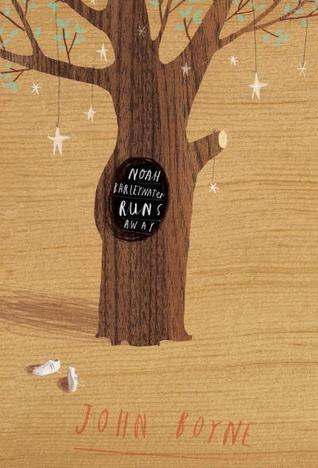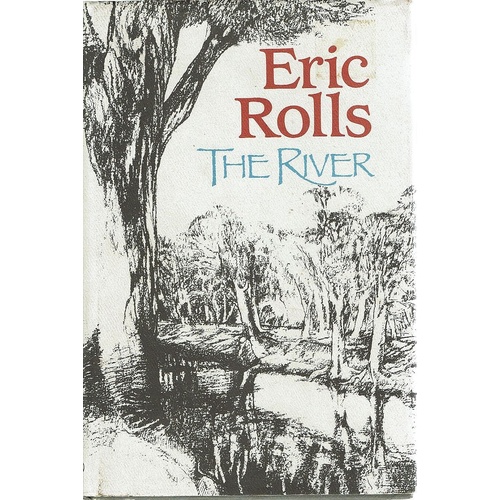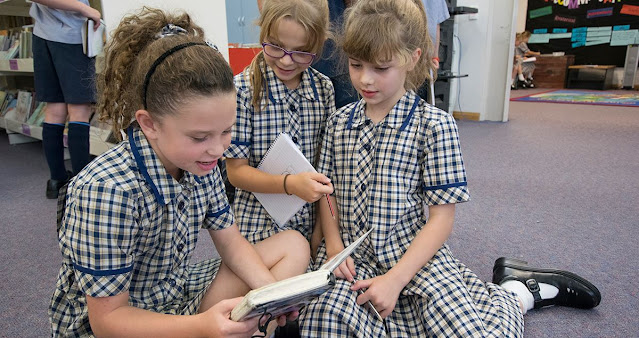Helping Young Writers Find Treasure
I am a frequent gatherer of words I wish I had written. Words from fellow writers, both inspiring and thought provoking. It is important for student writers to view this type of gathering as legitimate activity for them to pursue. My notebooks regularly reflect this passion for gathering word treasure.
When sharing my harvest of notebook entries, I frequently say things like:
'I love that line, let me tell you why.'
'Listen to the sounds of that magical sentence. Can you hear it too?'
'What great description of the setting. I can see that so clearly in my mind.'
Emotional response to the writing of others is important to acknowledge within yourself, as a reader. It is also important to share these responses with less experienced readers and writers. When we are moved or provoked, by the words on the page, the writer has done their job.
As writers, and teachers of writing, we need to develop a close relationship with those authors we admire. We need to get close to their words. We need to study closely, aspects of their craft. We need to learn to savour their words. We need to learn to read, not just with our eyes, but our also with our ears, our hearts. Reading like a writer requires a coordinated effort within each of us.
These writers over time may become our unwitting collaborators in teaching more effectively. In time, the inexperienced writers in our care begin to appreciate how the quality of writing immeasurably improves when we instinctively, read like writers.
When our eyes fall upon words we identify as wondrous, we should copy such extracts into our notebooks as a reminder of powerful and inspirational writing. These words are the words we wish we had written…
The passages I copy into my notebook regularly come from those writers I view as mentors and heroes. Their words inspire me to greater efforts as a writer. I write under their influence, I write in their style. Sometimes, I include extracts that serve as reminders to write in a certain way.
The words I collect from other authors sit among my own words. That way my words are hanging out with only the best possible examples of writing. I want my words to be thinking wow, I want to be like that.
Many young and inexperienced writers have not been in the habit of working in their notebooks in this way. This approach is often new to them. They have not been opened up to such influences.
You could begin by asking your students to bring a favourite book to the workshop and engage in a bit of exploration… Text detectives all. Lots of reading, talking, choosing, writing -and lots of explaining those choices. A chance to make decisions about words they truly admire. Ask them what they are noticing, hearing, feeling. Such actions mark the beginning of learning to read like a writer. Such actions hopefully spark the possibility that they too might be able to write in such engaging ways. When in time student writers begin to notice such things themselves, teaching becomes so much easier and much more fulfilling.
Before we do this important exploratory work I often share some of the influences on my own writing.
From The Boat, Helen Ward
‘The rain came with clouds, the colour of bruises.’ *Description
‘Trickles tipped caterpillars off their twigs and turned to torrents.’ *Alliteration

From Noah Barleywater Runs Away, John Boyne
‘Noah Barleycorn left home in the early morning, before the sun rose, before the dogs woke, before the dew stopped falling on the fields.’ *Establishes time, using repetition

From Eric Rolls, The River.
'You could watch the black soil soaking up the water. It swells when it gets wet. The top of the soil looked alive. it moved and puffed up as if it was reaching for the rain.' *strong visual imagery

It is important for young writers (and their teachers) to begin to appreciate the immense power of other writers; -their capacity to positively impact on the writing they do.
In learning to notice examples of writing considered to possess exceptional qualities, lies the foundation of critical literacy. We learn to know what to look for and learn to realize its significance.






Comments
Post a Comment